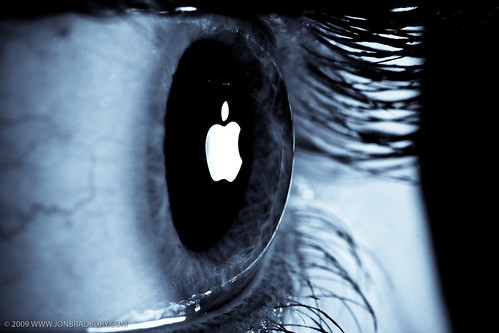All this means that US dollars would be sold on the Forex market and other currencies would be bought against the dollar, causing a rally in all USD pairs.
So far so good, but.. There are some things to consider before we go all-in with our EUR/USD or any other currency bet. Some of the following arguments are non-specific to the euro.
1) The euro is not cured and the outlook looks grim
As I'm writing this we just got fresh PMI data from Europe which still points to contraction (under 50 = contraction, even though it was better than expected causing a stop flush) in Germany, France and the eurozone as a whole. It's a matter of time until we see negative GDP growth numbers, possibly in Q3 and onwards.
Contraction leads possibly to lower interest rates by the ECB (wow, it's still not 0!) which leads to weaker euro.
Also it's not a sin to discuss the debt crisis and the possibility of bond buying by the ECB. How is it different from Fed's QE again? ECB creating (read: printing) money and buying sovereign debt with it - why should its effect on the EUR/USD be much different from FOMC announcement (in the opposite direction of course).
Also don't underestimate the power of Europe's slow decision making. Even though the long term path of the euro is becoming clearer which is positive and the ECB is buying time for politicians we are far from a solution (a fiscal union?).
As history has shown things must go worse before they get better in Europe.
Also a food for thought - look at the historic EUR/USD chart and together with that look at the interest rate history in the world. You will notice that the ECB sparked the 2011 rally in euro by raising interest rates compared to all other central banks. Also take a look at the earlier PMI chart. You will notice that fall of euro from 1.6 to 1.25 was caused by recession in Europe (everyone diving into US treasuries). 2010 fall was caused by the beginning of debt crisis. 2011 rally was caused by raising interest rates and something called repatriation of euro (European banks selling foreign assets and buying euros). Currently Europe is in the midst of a recession, debt crisis might escalate and banks have solved most of their equity problems - how can anyone see euro going higher from here?

2) How much of this has been already priced in?
The street is expecting the companies of S&P500 to earn over 100 dollars per share as a whole so the P/E level of the market would be around 14 which doesn't sound too expensive. Some good calculations from this blog HERE provide some more data.

This Fact sheet provides a good overview of recent earnings and trends. While earnings have exceeded expectations for some time now Q2 2012 undershot the revenue projections in case of 58% of companies. What worries me is that under-performing sectors are among others consumer discretionary, industrials and materials. Consumer staples and information technology are barely in line.
So I would speculate that earnings will fall sharply after further reduction in revenues (don't forget that part of the earnings growth is due to cost cutting).
3) What would a negative shock do?
Slowing in China, war in Iran, US fiscal cliff, Greece exiting from eurozone or other major shock event (most of the are not unexpected) might possibly shake equity markets across the world causing investors to seek protection in US bonds causing upward pressure in USD. What are the odds?
Honestly, I don't see a medium-term bull case for EUR/USD and that's why I'm going short here with a target under 1.20. My stop-loss is currently above 1.26 after which I will re-evaluate situation and re-enter my short.









